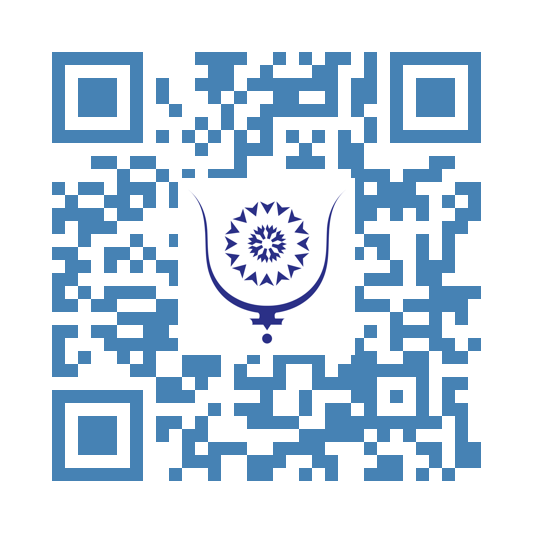Algeria Faces Strategic Imperative to Disarm Polisario Amid Geopolitical Shifts
238
*The disarmament of the Polisario now appears as the *ultimate option* Algeria might face in light of recent geopolitical and diplomatic developments. Several factors converge toward this perspective, which is no longer merely hypothetical but a strategic and political necessity.
For several years, the international community, notably driven by the United States, has clearly positioned Morocco’s autonomy proposal as the only credible basis for resolving the so-called Western Sahara conflict. This shift has fundamentally changed the dynamics, marginalizing the Polisario and weakening its traditional support, especially from Algeria. Algeria, which has long provided military and political backing to the Polisario, now finds itself in a delicate position, under international pressure and confronted with realities on the ground.
The movement of Polisario militias out of Algerian territory perfectly reflects Algeria’s impotence, even debacle, as separatists openly use it as a logistical rear base. Separatist incursions into the buffer zone—part of Moroccan territory, a restricted area under tight Moroccan military surveillance—significantly weaken the Polisario, which emerges defeated each time.
**In an already tense regional context, the recent terrorist attack in Mali illustrates the worsening security threats. Several Malian cities have been seized by a genuine terrorist army, an unprecedented coalition of all extremist factions in the region, including about 300 fighters armed and coming from the Polisario. This alliance complicates the security landscape in West and North Africa, blurring lines between armed groups and political movements, increasing pressure on neighboring states, particularly Algeria with its porous borders. For the first time, terrorists approached the Senegalese border, a significant development. Are we on the verge of the birth of another Islamic state?**
In the United States, bipartisan calls to designate the Polisario as a terrorist organization implicitly target Algeria, which could be labeled a “state sponsor of terrorism.”
Facing these pressures, the Algerian military junta has few options. The most likely is a calibrated backtrack: accepting Morocco’s autonomy proposal as a negotiation basis. Reluctantly, it is forced to reduce its military support for the Polisario, which will also lose backing from Iran and its proxies.
In this context, disarming the Polisario is not only a military option but a political and security imperative. Maintaining armed militias, fed illusions and weapons for decades, has become a burden for Algeria, which must now consider their dissolution, halt their funding, and isolate the most belligerent elements.
This implicit approach aligns with the political settlement logic based on Morocco’s autonomy proposal. It would pave the way for the return of Sahrawis held in camps to their Moroccan homeland. The political end of the Polisario renders its armed existence obsolete.
Disarmament thus appears as Algeria’s last card to exit the Western Sahara conflict deadlock without losing face or risking international sanctions. This choice, imposed by circumstances, could mark the end of an armed confrontation era and open the path to a painful but peaceful resolution for separatists and Algerian military leaders, who would suffer yet another defeat against Morocco.
On the other hand, Algeria must finally allow a precise census of the Tindouf camp inhabitants and clearly determine their origins. It is known that Sahrawis from Moroccan Sahara are a minority, about one-third of the population. This census, repeatedly requested by the United Nations and the UNHCR, is essential to ensure transparency and the future of all. Morocco would likely not allow non-Moroccans to settle on its territory.
Algeria’s persistent refusal to permit this census raises serious questions about its motives, given contradictions over the real number and origins of the camp populations, who are not only displaced from Western Sahara but also include Sahrawis from Algeria, Mauritania, and elsewhere. This opacity contributes to militarization and a situation contrary to the 1951 Refugee Convention principles, as populations are effectively detained and armed, incompatible with refugee status.
Moreover, a refugee cannot be armed. Disarming the Polisario is thus a major strategic and political necessity for Algeria, facing increased international, especially American, pressure demanding not only militia disarmament but also dismantling of the Tindouf camps. Maintaining armed militias in these camps is a real burden for Algiers and an obstacle to peaceful regional relations.
Population census is therefore an essential step to clearly distinguish civilian refugees from armed fighters, a prerequisite for disarmament and militia dissolution. Without this clarification, the international community cannot control the situation, prevent fraud, or guarantee regional security.
In sum, Algeria must stop evading its responsibilities by finally allowing an internationally supervised census, which would open the way to more transparent and humane conflict management while facilitating Polisario disarmament, indispensable for a lasting political solution based on Morocco’s autonomy proposal. This difficult but unavoidable choice is crucial to avoid diplomatic isolation, sanctions risk, and regional security deterioration.
However, this option remains delicate and fraught with consequences for Algiers, which must first convince its population of the paradigm shift and find solutions for separatists whose hands are stained with blood.
Disarming the Polisario, far from a mere military operation, will be a major turning point in regional dynamics and a decisive test for Algerian diplomacy. This will require great courage and perhaps new leadership.*
Share:
Algeria Faces Strategic Imperative to Disarm Polisario Amid Geopolitical Shifts
copy:
https://bluwr.com/p/251885995



